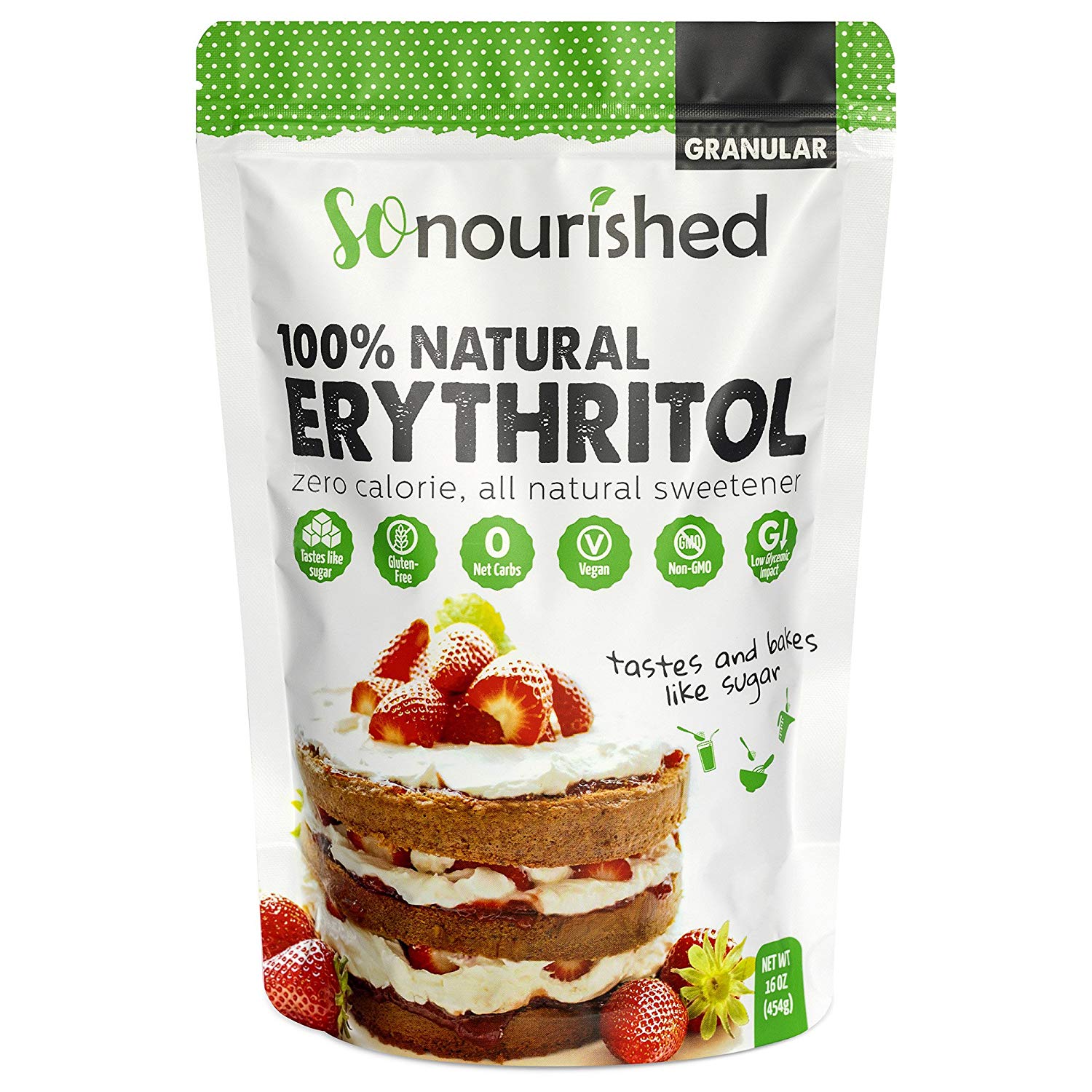Risk Factors and Considerations: Erythritol Blood Clots

While erythritol is generally considered safe for consumption, certain individuals may be at higher risk for developing blood clots due to erythritol consumption. Understanding these risk factors is crucial for making informed decisions about erythritol intake.
Individuals at Higher Risk, Erythritol blood clots
It is important to note that the connection between erythritol and blood clots is still being investigated, and more research is needed to fully understand the risks. However, certain individuals may be at higher risk due to pre-existing conditions or medication use.
- Individuals with a history of blood clots: Those who have previously experienced deep vein thrombosis (DVT), pulmonary embolism (PE), or other blood clots may be more susceptible to erythritol-related clotting events.
- Individuals with certain medical conditions: Conditions like atrial fibrillation, heart valve problems, and inherited clotting disorders can increase the risk of blood clots. Erythritol consumption may exacerbate these risks.
- Individuals taking certain medications: Some medications, such as oral contraceptives, hormone replacement therapy, and certain cancer treatments, can increase the risk of blood clots. Erythritol consumption in conjunction with these medications may further elevate the risk.
- Individuals with obesity or diabetes: These conditions are associated with an increased risk of blood clots, and erythritol consumption may further contribute to this risk.
- Older individuals: The risk of blood clots generally increases with age. Elderly individuals may be more susceptible to erythritol-related clotting events.
Individualized Risk Assessment
It is essential to consider individual risk factors and lifestyle choices when evaluating erythritol consumption. Factors such as age, medical history, medications, and overall health status should be taken into account.
- Consult a healthcare professional: If you have concerns about erythritol consumption and its potential risks, it is crucial to consult a doctor or other healthcare professional. They can assess your individual risk factors and provide personalized recommendations.
- Maintain a healthy lifestyle: Engaging in regular physical activity, maintaining a healthy weight, and avoiding smoking can help reduce the risk of blood clots in general. These lifestyle modifications may also mitigate any potential risks associated with erythritol consumption.
- Be aware of potential side effects: Erythritol, like any other food additive, can potentially cause side effects in some individuals. Be mindful of any unusual symptoms or changes in your health after consuming erythritol-containing products.
Potential Risks for Different Populations
The following table summarizes potential risks associated with erythritol consumption for different populations:
| Population | Potential Risks |
|---|---|
| Individuals with a history of blood clots | Increased risk of blood clots, especially in combination with other risk factors. |
| Individuals with certain medical conditions (e.g., atrial fibrillation, heart valve problems) | Increased risk of blood clots, particularly in combination with other risk factors. |
| Individuals taking certain medications (e.g., oral contraceptives, hormone replacement therapy) | Increased risk of blood clots, especially in combination with other risk factors. |
| Individuals with obesity or diabetes | Increased risk of blood clots, particularly in combination with other risk factors. |
| Older individuals | Increased risk of blood clots, especially in combination with other risk factors. |
Erythritol blood clots – The recent discovery of a potential link between erythritol and blood clots has sparked concern among consumers, especially those who enjoy artificial sweeteners. This concern echoes the debate surrounding the long-term effects of plastics, often used in everyday items like McDonald’s collector meal cups.
While the plastic in these cups may not directly cause blood clots, the widespread use of plastic and its potential environmental impact raises questions about the safety of synthetic materials and their potential contribution to health issues. Further research is crucial to understand the long-term effects of erythritol and to develop safe alternatives for both sweeteners and everyday products.
The recent discovery of erythritol’s potential to increase the risk of blood clots has raised concerns about the safety of this popular sugar substitute. While research is ongoing to fully understand the link between erythritol and cardiovascular health, it’s important to be aware of the potential risks.
It’s interesting to note that Mayor Tiffany Henyard, leading the South Suburban community of Dolton, has been a vocal advocate for public health initiatives , and this recent discovery may prompt her to focus on raising awareness about the potential dangers of erythritol within her community.
As more information becomes available, it’s crucial for individuals to stay informed about the potential health implications of erythritol consumption.